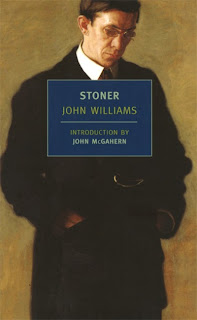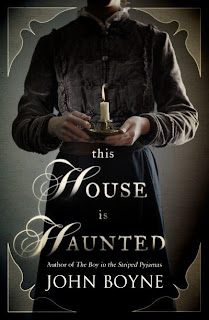Almost English by Charlotte Mendelson, which appears on the 2013 Booker longlist, and tells the story of 16-year-old Marina and her mother Laura, both of whom live in a cramped two-bedroom flat in Bayswater with three elderly, increasingly eccentric Hungarian relatives of Laura’s husband, who disappeared when Marina was a toddler leaving her mother forced to rely on the hospitality of his family for the next 13 years.
Perhaps unsurprisingly, Laura, who is also in the midst of a dreary, passion-free affair with her charmless employer, is almost suicidally depressed. Meanwhile Marina, painfully awkward and a mile out of her depth socially, is desperately unhappy at the boarding school to which she has begged her family to send her. Marina can’t bear to confess that Combe Abbey has been a disaster, and Laura, missing her daughter every second of every day, can’t bear to ask her.
It’s possible that this introduction to Almost English hasn’t made it sound like a comedy, but that’s precisely what it is, albeit an occasionally rather dark one. It’s a novel about fitting in, about identity, and about keeping secrets, peppered with cringe-inducing misunderstandings and social confusion – Marina’s country house weekend with her sort-of-boyfriend Guy and his wealthy family, all boisterous gun-dogs and dressing for dinner, is particularly excruciating, as is the complete lack of any privacy afforded to either Marina or Laura in the Bayswater flat (Marina’s bedroom is a through-route to the flat’s bathroom; Laura sleeps on the sofa and keeps her clothes in the sideboard. Marina's elderly aunts are fond of asking her loudly if she's menstruating).
Both Laura and Marina are frustratingly prone to poor decisions and skewed logic, but somehow still likeable – Marina perhaps more so than Laura, who comes across at first as being infuriatingly passive, but comes into her own as the story progresses. Rozsi, Zsuzsi and Ildi, the formidable but ultimately kind, protective relatives who have taken Laura under their wing, are a hoot, and not quite as interchangeable as they might have been in the hands of an author of lesser skill.
My main criticism of Almost English is really with its plot, which contains a couple of rather flat, anticlimactic revelations and concludes rather implausibly, leaving some dangling loose ends. But ultimately the plot of this novel isn’t really the point; it’s character that matters here, and this is an observant and revealing exploration of what it’s like to be part of two communities without quite fitting into either of them.



